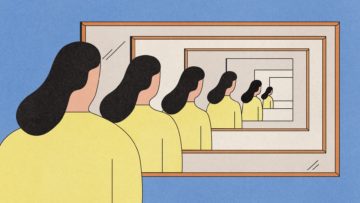Julia Belluz in Vox:
 The new class of obesity drugs — referred to as “GLP-1-based,” since they contain synthetic versions of the human hormone glucagon-like peptide-1 — are considered the most powerful ever marketed for weight loss. Since the US Food and Drug Administration approved Wegovy for patients with obesity in 2021, buzz on social media and in Hollywood’s gossip mills has erupted, helping drive a surge in popularity that’s contributed to ongoing supply shortages. While celebrities and billionaires such as Elon Musk and Michael Rubin praise the weight loss effects of these drugs, regular patients, including those with Type 2 diabetes, struggle with access, raising questions about who will really benefit from treatment. But there’s another tension that’s emerged in the GLP-1 story: The medicines have become a lightning rod in an obesity conversation that is increasingly binary — swinging between fat acceptance and fatphobia. “It feels like you have to be like, ‘I love being fat, this is my fat body,’ or, ‘Fat people are evil,’” Juneja told me.
The new class of obesity drugs — referred to as “GLP-1-based,” since they contain synthetic versions of the human hormone glucagon-like peptide-1 — are considered the most powerful ever marketed for weight loss. Since the US Food and Drug Administration approved Wegovy for patients with obesity in 2021, buzz on social media and in Hollywood’s gossip mills has erupted, helping drive a surge in popularity that’s contributed to ongoing supply shortages. While celebrities and billionaires such as Elon Musk and Michael Rubin praise the weight loss effects of these drugs, regular patients, including those with Type 2 diabetes, struggle with access, raising questions about who will really benefit from treatment. But there’s another tension that’s emerged in the GLP-1 story: The medicines have become a lightning rod in an obesity conversation that is increasingly binary — swinging between fat acceptance and fatphobia. “It feels like you have to be like, ‘I love being fat, this is my fat body,’ or, ‘Fat people are evil,’” Juneja told me.
While many clinicians and researchers hail GLP-1-based therapy as a “breakthrough,” and one deemed safe and effective by FDA, critics question its safety and usefulness. They argue the drugs unnecessarily medicalize obesity and dispute that it’s an illness in need of treatment at all. They also say the medicines perpetuate a dangerous diet culture that idealizes thinness and weight loss at all costs.
More here.
